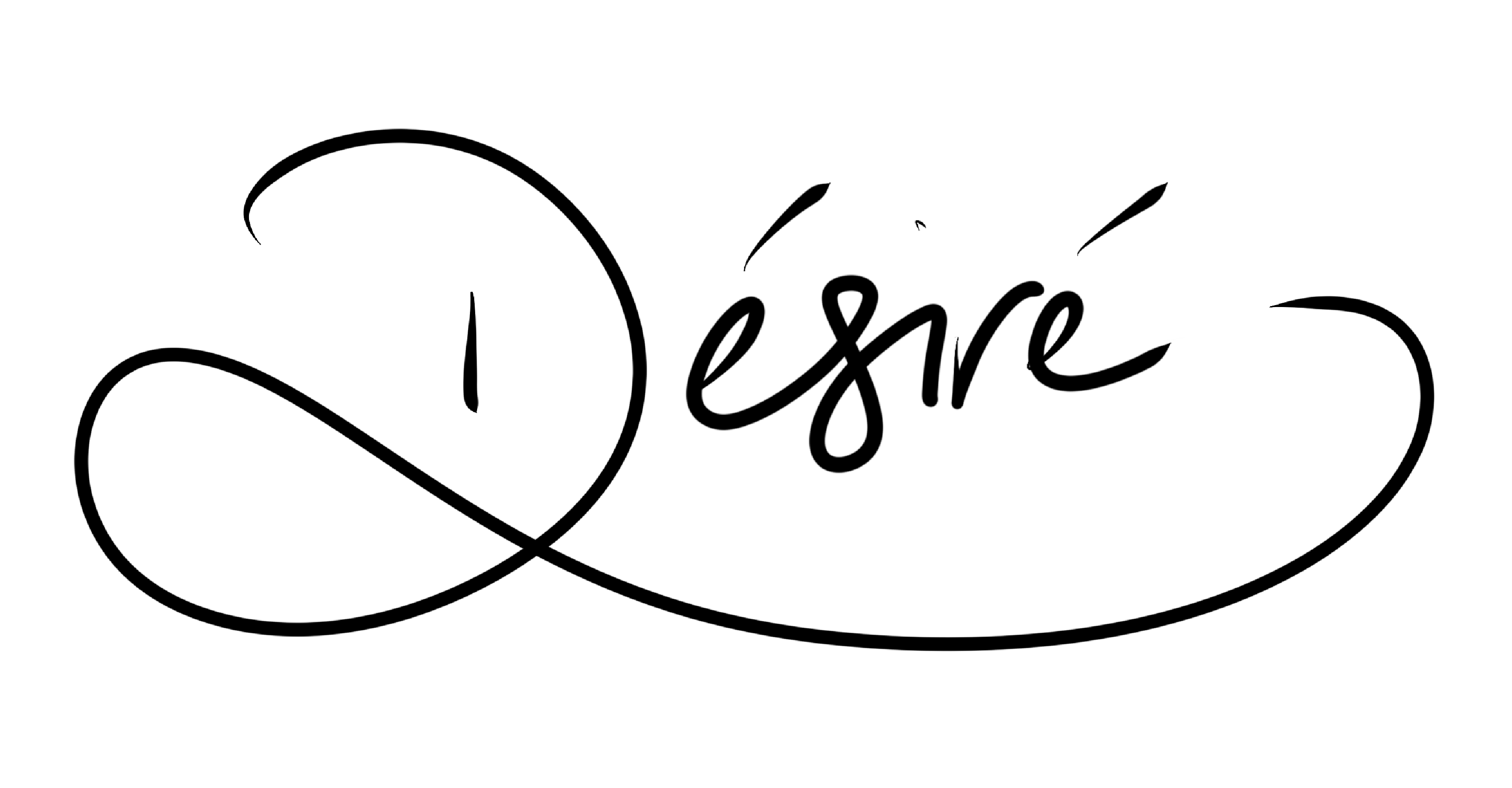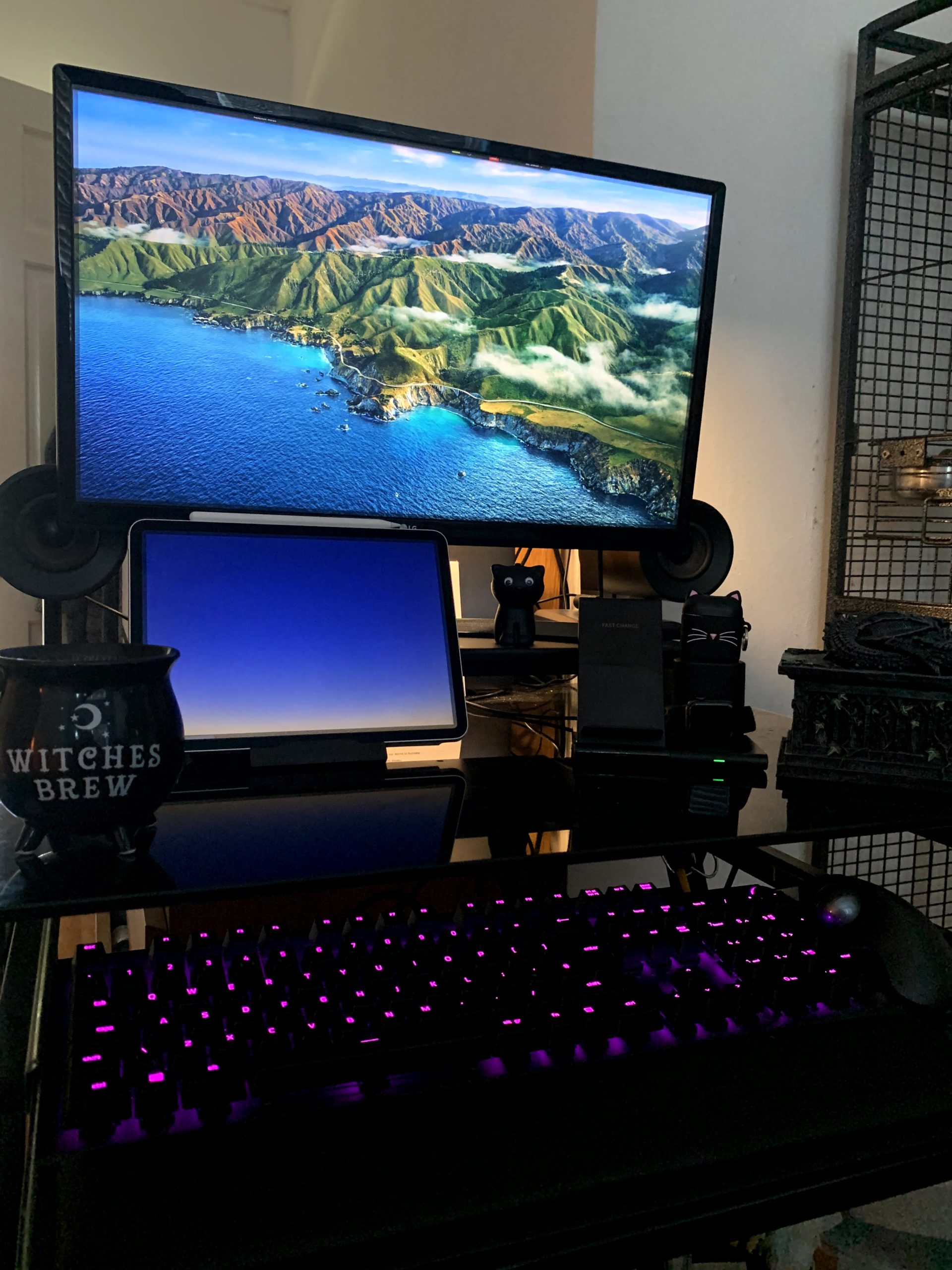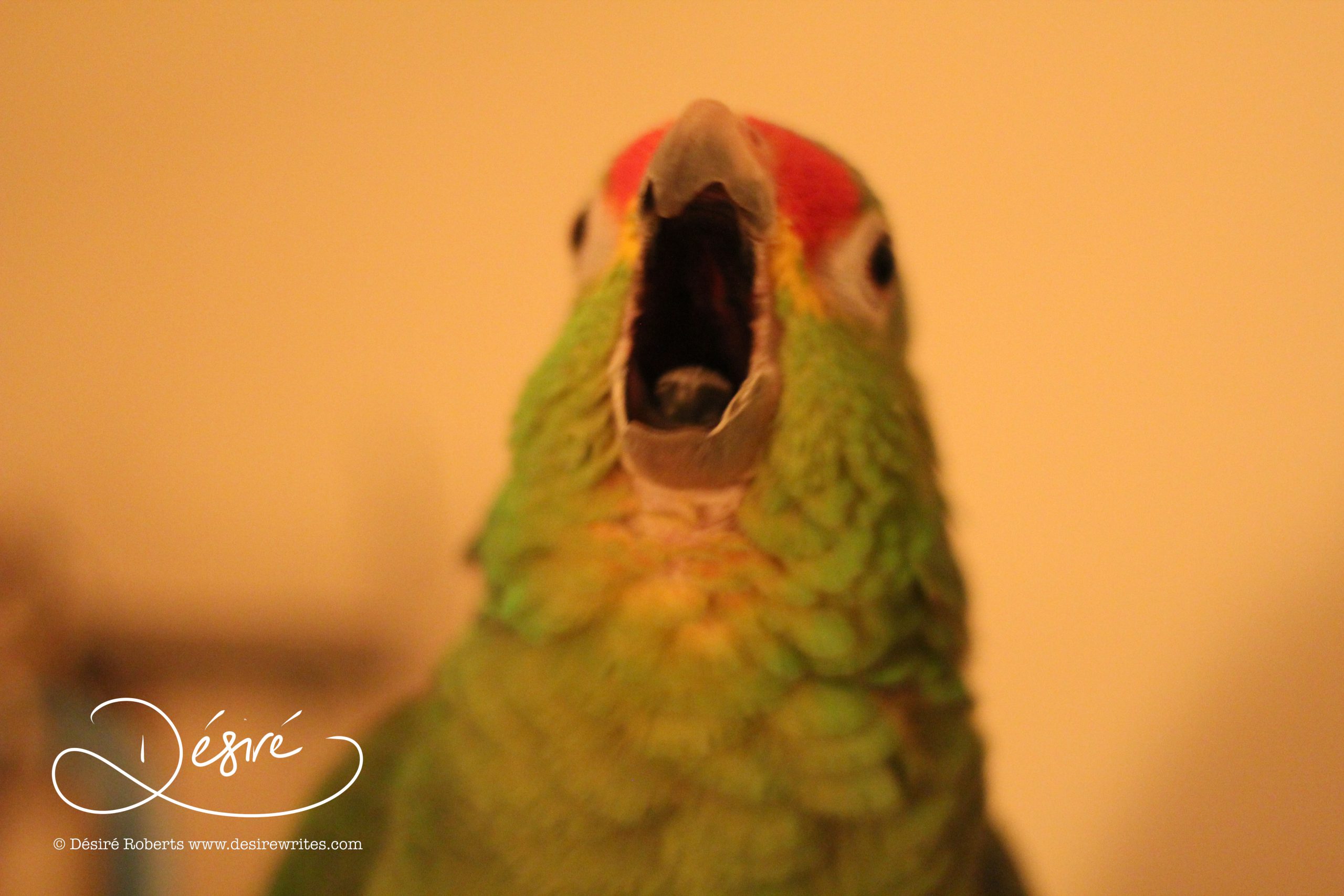Anyone can be an average writer, but being a talented writer, that’s something special. Writing is hard work, requires a lot of time, an ability to brood and ruminate, and can be a praise-less job until you hit the bestsellers list. Society looks down at writers with a sense of disdain, because of the parasitic starving artist stereotype, and they believe it’s easy. Because most people can write and communicate with some success, they believe they possess the same ability as anyone else, including professional writers themselves, although that’s not the same as writing as a career (try telling them that though!).
Not every writer is naturally gifted with the ability to communicate their thoughts into words on paper and go straight to publication. In fact, most writers don’t possess this gift naturally at all. Great command of language is a skill. Writers are truly gifted with the ability to paint with the most mundane medium ever – black letters on stark white paper – and create vivid landscapes and impossible worlds in your imagination that are wholly and absolutely unique to you. Creative writers can fabricate entire worlds full of detail from nothing but ink. That is a gift, and it does not matter if your writing level is not where you want it to be now, if you stick with it, you will get there. But it is hard work…
Here is some truth about writing. It’s not all of it, but it’s enough to get your wheels in motion.
There needs to be a raging hunger to write
As said above, writing is hard work, so in order to really power though the adversity and become successful (however you define that success), there needs to be a raging desire to write. Deep thinking is required for writing and it is hard work for your brain. Brains will find any excuse to do the least work necessary, as it’s a part of our natural survival strategy to find the most efficient pathway, or procrastinate unless there is some threat on the horizon. This is why some people can only work under pressure, to meet a deadline or face danger, real or perceived. Writing for most people is not going to be a career choice, so a looming client deadline will not always be your ‘danger’, which is why there are more half written and unfinished manuscripts than there will ever be published ones.
There needs to be a sufficient amount of passion and skill to be a writer; a fire in the belly, if you will. Writers argue over the percentage of overall time that should be spent researching, drafting and editing, but I believe that before you even start writing, you should be working in your head and in your research. Most of the work starts there, slowly developing in a stew of thoughts and as it comes to the boil, then the real work begins. You have to put your ass in the chair and write. There is no workaround for that, unless you have a standing desk… But you have to put the work in. Set your word count, work out how many hours it will take, calculate your draft completion date, and get to work. Write as much as you can, and keep going. Stick with your writing routine and before you know it, you’d have a draft ready.
No, you do not need a degree
Believe it or not, most writers are not classically trained, and many of the classically trained writers aren’t writing. Isn’t that just typical… So do not think that because did not attend a writing class or you did not study literature at university that you do not have what it takes to be a writer, because look at most of the published authors on the bookshelves and see how many of them studied for a writing career. The thing is, you do not learn how to write in a class, you learn it from studying all the Great works of our time and analysing their styles. If you set out to read and study one Great writing work a month, by the end of a year you would have analysed and learned more than if you ever went to class.
But you need to read!
You cannot drive a car without fuel, and so you cannot write without reading. Reading a large volume of varied work from different technical levels will teach you style and expand your vocabulary, but it will also fuel your ideas on another level. If you want to be a good writer, read often. If you want to be a great writer, read everything. Read everything you can get your hands on, in every possible field of study, and then take everything you have learned and use it in your writing. All of your experiences and knowledge can be used in your writing. Be brazen and brave. Writing is vulnerable work, but it does feel good when it’s all out there, in the wild.
Practice makes perfect
If you think you’re the only one with shitty first works, go and take a look at the earliest work from some of the greatest writers to have ever lived. Your best work will always be ahead of you, because with writing, you can get better with practice and study. The more you write, the better you will become at communicating your thoughts. The easier the communication becomes, the more your style grows. It constantly feeds itself, as long as you feed it and water it and walk it daily – your writing, not your dog.
You will need a strong stomach
Being vulnerable and bearing your soul is not easy or simple. You have to have a strong stomach for criticism, and there will be lots. Some people will be cruel, some will be kind, and you have to bear the marks of both. Some people may even tell you to stop while you can, if they think your work just didn’t meet their expectations, or worse, if it did and they did not like it. Jealousy is rife, especially in the creative world, so if someone says your work is not that great, but you want to write, then write until you get better.
Writing is important work, no matter what writing type of you’re doing. People need stories and information, and you are the conduit between the ideas and a reader. But it is hard, soul bearing work. Ernest Hemingway described writing as nothing more than sitting at a typewriter and bleeding. He wasn’t far off the mark, only today, it’s a keyboard.
Practice your craft.
Hone your skill.
Read prolifically.
Study the Greats.
Be curious.
Ask questions.
Write consistently.
But above all, BELIEVE in yourself. Block everything out and remember why you are doing this. Write because you cannot not write. Write because all you want to do is write. Read, Practice, read, read, write, publish, repeat. Don’t give up. Most writers, I have pleasantly discovered, were just ordinary people with an extraordinary imagination.
Now get to work. That book will not write itself.
Go find a keyboard and bleed.




